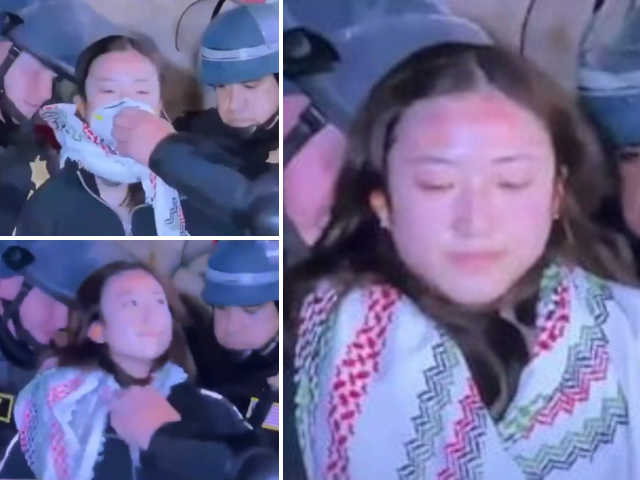
Liu Lijun, a Chinese graduate student at the University of California, Los Angeles (UCLA), has reportedly had her student visa revoked after organizing pro-Palestine rallies on campus.
Liu was arrested in May 2024 during protests related to the ongoing conflict between Israel and Hamas, which began on October 7, 2023.
According to the Telegraph India, the revocation of Liu’s visa follows an executive order signed by U.S. President Donald Trump, which aims to address antisemitism in response to the conflict. The order focuses on what the Trump administration has described as a rise in antisemitism across U.S. campuses and communities. One key provision of the order threatens to cancel visas for international students involved in pro-Palestinian activism, particularly those with ties to Hamas.
Liu’s case is one of the first instances of visa revocation under the new policy. The executive order directs federal agencies, including Education, State, and Homeland Security, to develop recommendations on how to monitor and report the activities of foreign students and staff involved in such protests. Additionally, these agencies are required to provide the White House with recommendations within 60 days on the legal tools available to combat antisemitism.
Liu was among hundreds of UCLA students participating in protests against Israel’s military actions in Gaza. The protests escalated in early May 2024 when law enforcement raided a solidarity encampment where nearly 400 demonstrators had gathered. According to protest organizers, over 100 people were injured in the raid, with some requiring hospital treatment. Police used flash-bangs and batons to disperse the crowd.
President Trump’s decision to revoke Liu’s visa aligns with his broader efforts to limit pro-Palestinian activism, particularly among international students. He referred to those involved in such protests as “resident aliens” and warned that they could face deportation by 2025. This has raised concerns that the broad language of the order could be used to target students who engage in peaceful protests without breaking the law.
The Council on American-Islamic Relations (CAIR) has condemned the executive order, arguing that it infringes upon First Amendment rights. CAIR emphasized the importance of protecting free speech, stating that such rights should not be undermined through executive action.






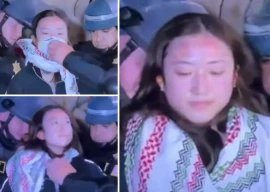




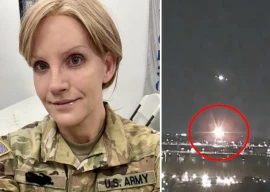

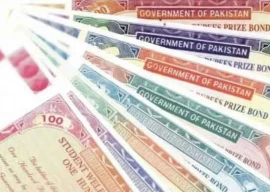
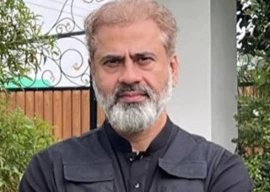




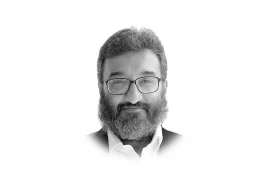



COMMENTS
Comments are moderated and generally will be posted if they are on-topic and not abusive.
For more information, please see our Comments FAQ